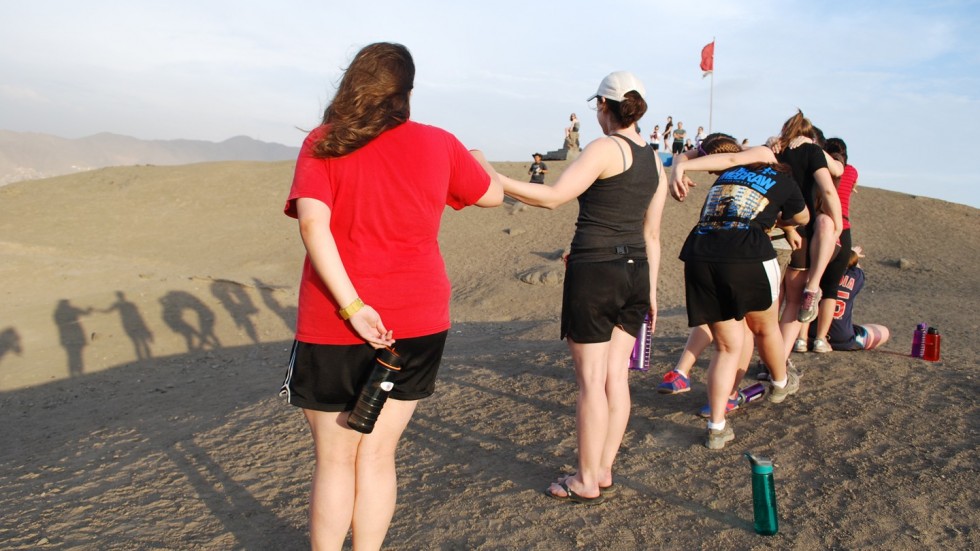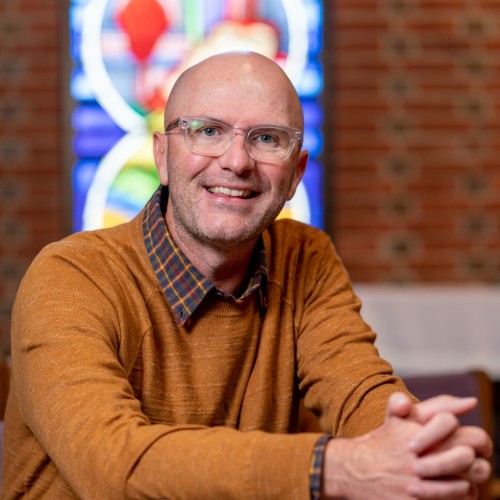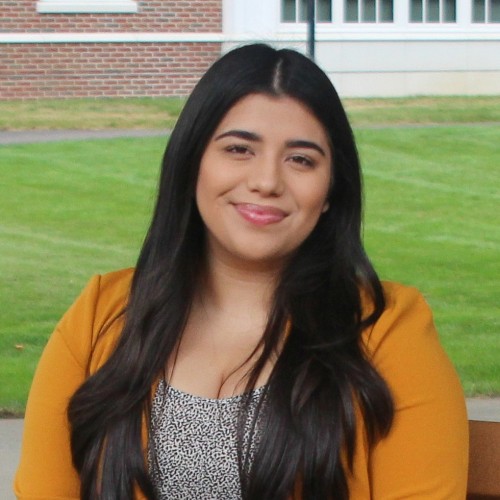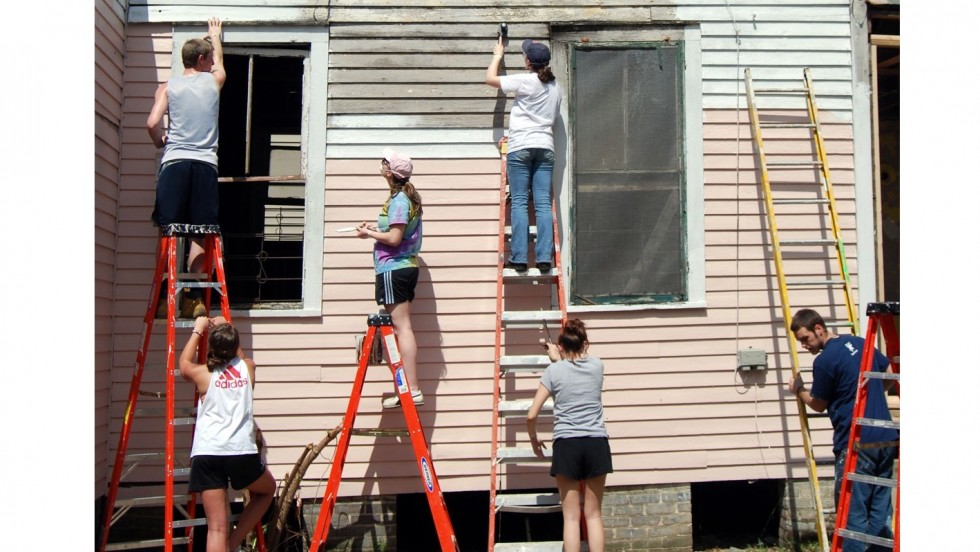In Canto Grande, they spent their time rehabilitating the local school, Fe y Alegría, and learning about the needs and challenges of that underserved community. While there, things clicked for Hollywood, and he began to find the clarity that had previously eluded him.
“Monumental and formative, those 10 days so moved and enriched me that I could sense this was the path I wanted to pursue in life,” says Hollywood, who has spent the last 24 years as a humanitarian aid worker with frontline assignments.
After graduation, he spent over two years with the Cabrini Mission Corps in Argentina working in some of Buenos Aires’s poorest neighborhoods. After that, he launched, mentored and guided an international volunteer program for the Sisters of the Good Shepherd, with branches in Peru, Paraguay and Mexico.
He then earned his master’s degree, which paved the way for him to join Catholic Relief Services (CRS), which assists 190 million people in 110 countries. With CRS since 2007, Hollywood has responded to acute tragedies, such as a devastating earthquake in Ecuador and genocide in Sudan, and has collaborated with communities on chronic issues, including poverty in Malawi and hunger and malnutrition in Ethiopia.
After being based in various international locations for more than 14 years, Hollywood is now serving CRS in the U.S. It’s an opportunity for his young family to have more stability. Hollywood expects that he will return to fieldwork again at some point.
Reflecting on his H.O.P.E. trip and his current work, Hollywood notes that, despite having seen so much pain and suffering, he believes that progress can be made when people work in solidarity. “I’ve been blessed with the decisions I have made and through my humanitarian work really believe global solutions are possible,” he says. “We can make a difference, and that is very fulfilling. It is a lesson I learned through H.O.P.E. and at Stonehill.”




